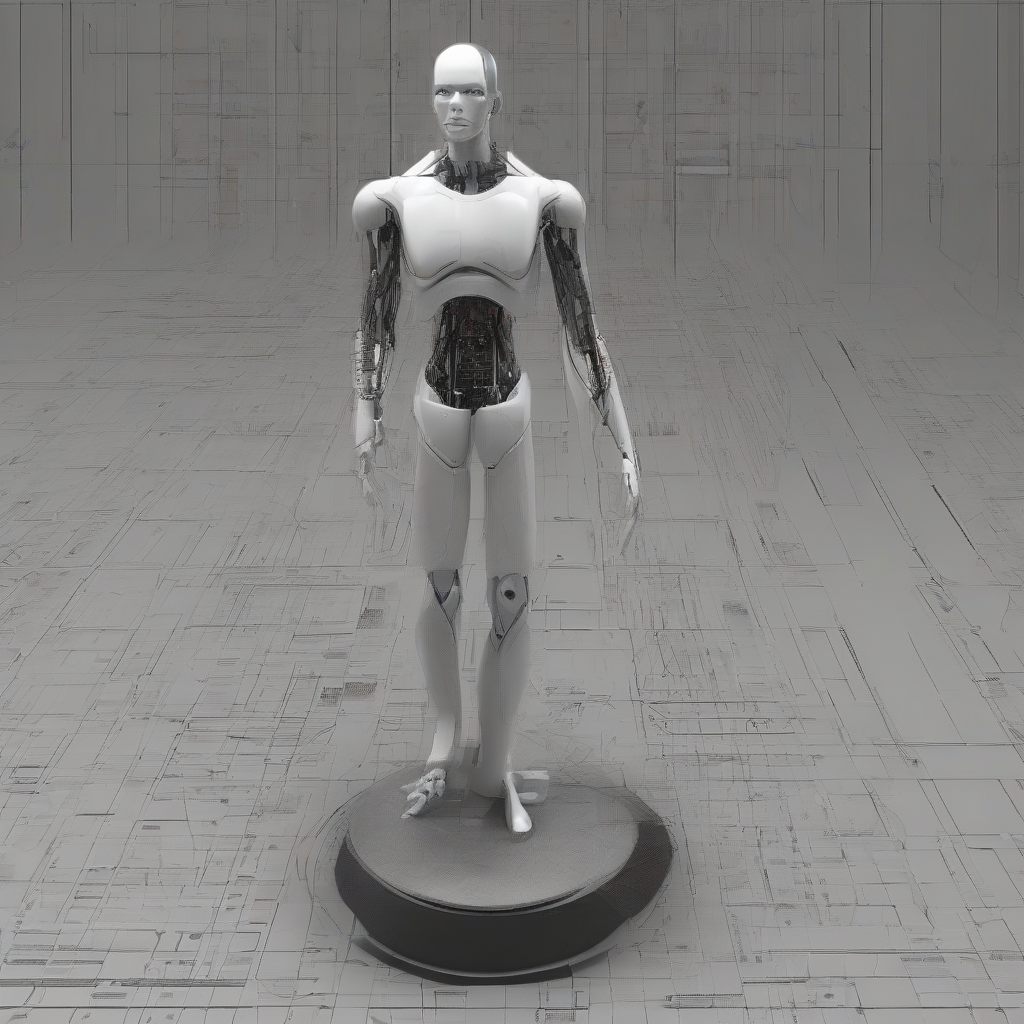Donate Your Car: A Powerful Act of Charity & A Guide to Seamless Donation
Donating your car to a charity might seem like a small gesture, but its impact can be surprisingly significant. It’s a simple act that can ripple outwards, benefiting not only the chosen charity but also the environment and yourself. This comprehensive guide will delve into the multifaceted advantages of donating your vehicle and provide a step-by-step process to ensure a smooth and rewarding experience.
The Benefits of Donating Your Car
The advantages extend beyond the simple act of giving. Donating your car offers a unique blend of charitable contribution, environmental responsibility, and personal tax benefits.
Supporting a Worthy Cause
The most direct benefit is the support you provide to a chosen charity. Your donation directly contributes to their operational funds, allowing them to continue their vital work in areas such as medical research, disaster relief, environmental protection, or animal welfare. The impact can be substantial, providing essential resources that directly improve lives and communities.
Environmental Responsibility
By donating your car instead of selling it privately or scrapping it, you contribute to responsible vehicle disposal. Many charities partner with reputable organizations that ensure proper vehicle recycling, minimizing environmental damage caused by improper disposal of hazardous materials. This prevents the car from ending up in a landfill, reducing pollution and conserving resources.
Tax Advantages
Donating your car to a qualified 501(c)(3) charity can offer significant tax benefits. You can deduct the fair market value of your vehicle from your taxes, significantly reducing your tax burden. This tax deduction can be a substantial financial incentive, making the act of donating even more rewarding.
However, it is crucial to understand that the fair market value is not the same as the price you paid for your car. Its value is determined by its condition, mileage, and current market prices for similar vehicles. It’s advisable to obtain a professional appraisal if you’re unsure about the fair market value. Remember to keep all documentation, including the vehicle’s title and the acknowledgment letter from the charity, for your tax records.
Clearing Out Clutter and Reducing Storage Costs
An often overlooked benefit is the removal of an unwanted vehicle from your property. An old, unused car takes up valuable space and can even incur storage costs. Donating it frees up space and eliminates the hassle and expense associated with storing or disposing of it independently.
A Feeling of Personal Fulfillment
Beyond the tangible benefits, donating your car can provide a deep sense of personal fulfillment. Knowing that you’ve contributed to a worthwhile cause and made a positive impact can be incredibly rewarding, offering a sense of purpose and satisfaction.
Choosing the Right Charity
Selecting the appropriate charity is crucial to ensuring your donation has the maximum impact. Consider the causes that resonate with you personally and research charities that align with your values.
- Research the Charity’s Reputation: Check their ratings on reputable charity evaluation websites to ensure they are financially responsible and transparent.
- Understand their Mission and Programs: Ensure the charity’s work genuinely aligns with your philanthropic goals.
- Look for Transparency and Accountability: A reputable charity will openly share its financial information and demonstrate how donations are utilized.
- Consider their Vehicle Donation Program: Not all charities accept vehicle donations; verify that they have a specific program in place.
The Donation Process: A Step-by-Step Guide
The process of donating your car is usually straightforward and convenient. However, proper preparation and documentation are essential for a smooth transaction.
1. Gather Necessary Documents
- Vehicle Title: Ensure the title is signed and ready for transfer.
- Vehicle Registration: This provides proof of ownership.
- Proof of Insurance: Cancellation or transfer of insurance is often required.
- Personal Identification: Driver’s license or other official identification.
2. Contact the Charity
Contact the chosen charity to inquire about their vehicle donation program. They will typically provide you with instructions and a donation form.
3. Schedule a Pickup
Most charities offer free towing services to pick up your donated vehicle. Schedule a convenient pickup time with the charity or their designated towing service.
4. Complete the Necessary Paperwork
Sign the donation form and transfer the vehicle title to the charity. Obtain a receipt confirming your donation for tax purposes. This is crucial for claiming your tax deduction.
5. Remove Personal Belongings
Before the pickup, remove any personal belongings from your car to avoid any potential issues or loss.
6. Claim Your Tax Deduction
After successfully donating your car, you can claim a tax deduction on your federal income tax return. Keep all relevant paperwork, including the donation receipt and vehicle title, for your records.
Dealing with Specific Circumstances
Several circumstances might require additional considerations when donating your car.
Donating a Vehicle with Outstanding Loans
If your vehicle has outstanding loans, you’ll need to settle the loan balance before donating the car. Contact your lender to determine the payoff amount and ensure the loan is fully paid off before transferring the title.
Donating a Vehicle That Doesn’t Run
Even non-running vehicles can often be accepted by charities. Contact the charity to confirm their acceptance of non-operational vehicles and arrange for pickup.
Donating a Vehicle with Damage
Charities may still accept vehicles with minor damage. Contact them to discuss the condition of your vehicle and whether it meets their acceptance criteria.
Alternatives to Donating Your Car
While donating your car is often the preferred option, other alternatives exist depending on your specific circumstances and preferences.
- Selling Your Car Privately: This allows you to potentially receive a higher amount than a donation, but it also involves more time and effort.
- Trading Your Car In: This is a convenient option when purchasing a new car, but you might receive a lower value for your trade-in.
- Selling Your Car to a Junkyard or Salvage Yard: This is suitable for vehicles that are beyond repair, but you might receive minimal payment.
Ultimately, the best option depends on your individual priorities – whether it’s maximizing financial return, supporting a cause, or minimizing environmental impact. Carefully weigh these factors to determine the most suitable approach for your situation.
Donating your car is more than just giving away an old vehicle; it’s a powerful act of generosity with far-reaching benefits. By carefully following the steps outlined in this guide and choosing a reputable charity, you can make a significant contribution to a worthy cause while also enjoying personal and financial advantages.





